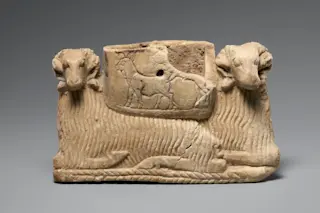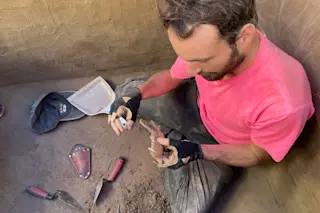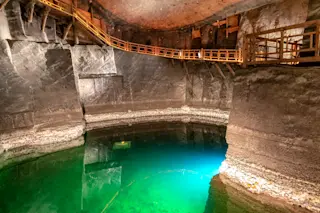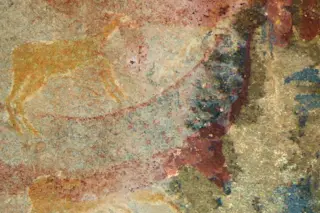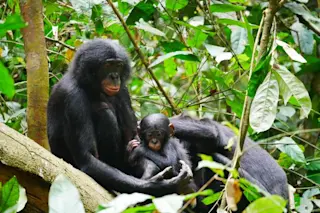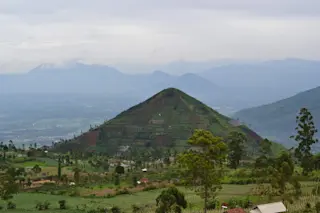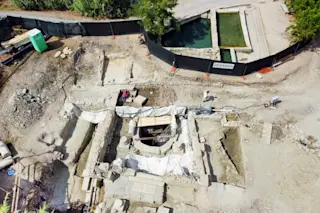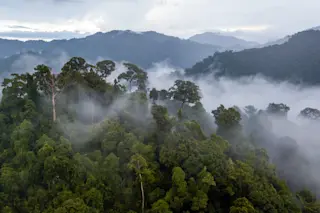More than 100,000 years ago, humans lived in the caves that dot South Africa’s coastline. With the sea on their doorstep and the Cape’s rich diversity of plant life at their backs, these anatomically modern Homo sapiens flourished. Over several millennia, they collected shells that they used as beads, created toolkits to manufacture red pigment, and sculpted tools from bones.
Now some of these caves, along the country’s southern coast, have shed light on humanity’s earliest-known culinary experiments with carbohydrates, a staple in many modern diets. Small pieces of charred tubers found at the Klasies River site in South Africa date back 120,000 years, making them the earliest-known evidence of H. sapiens cooking carbs, according to recent research published in the Journal of Human Evolution.
The study joins a suite of new findings that illuminate the evolution of our ancestors’ diet. For example, in recent years, scientists have determined that ...




